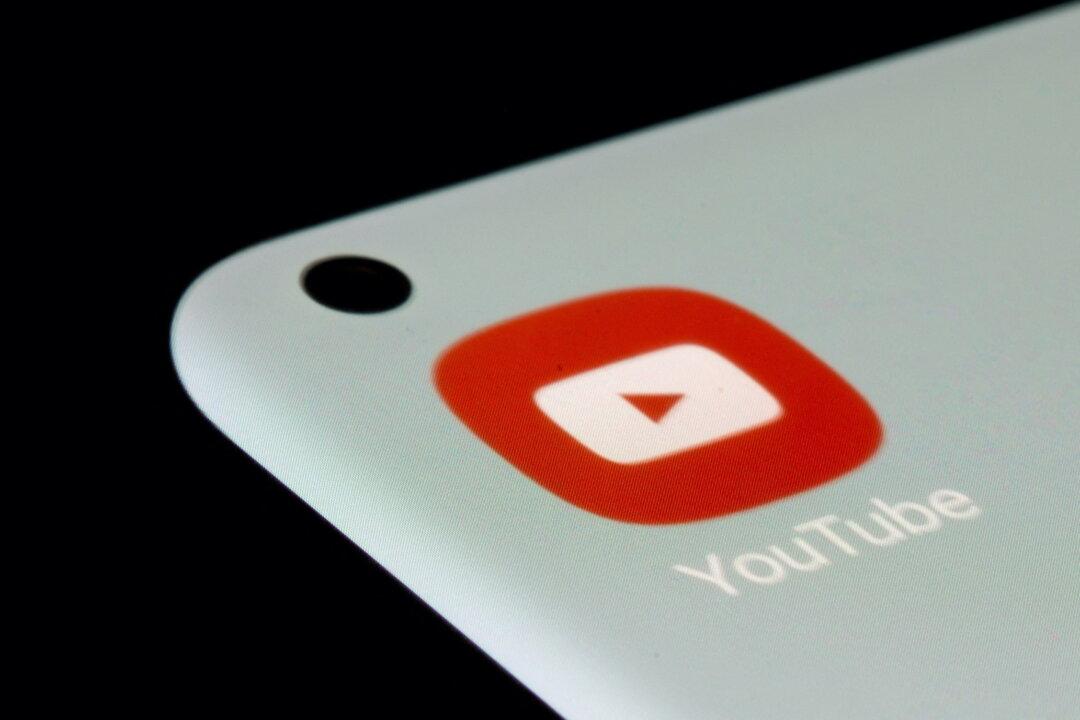Google’s YouTube on Tuesday joined a string of big tech giants blocking content from Russian state-backed media outlets RT and Sputnik across Europe.
The company said in a statement that it is blocking YouTube channels connected to the two media outlets in the EU, effective immediately, due to the ongoing situation in Ukraine.




